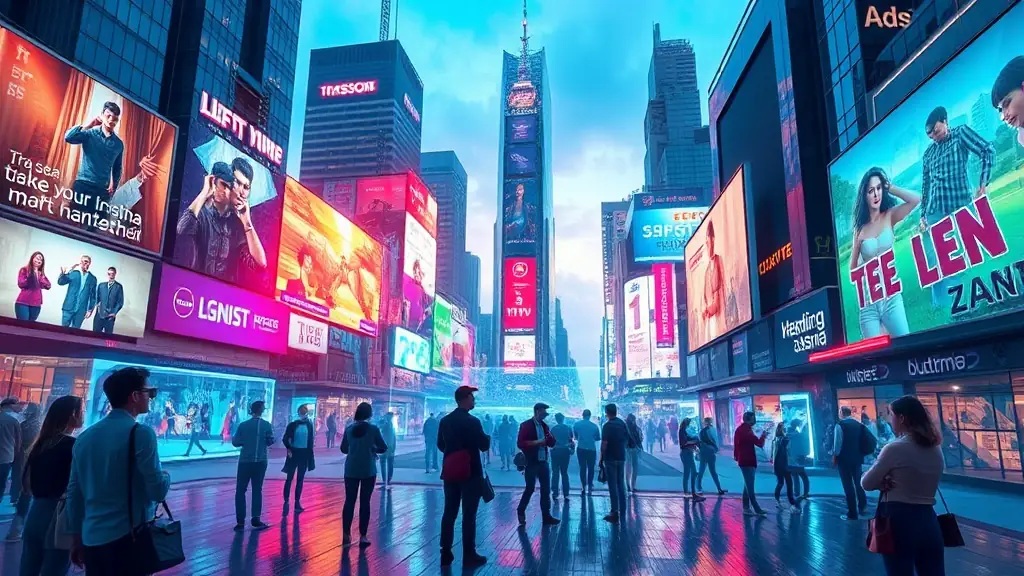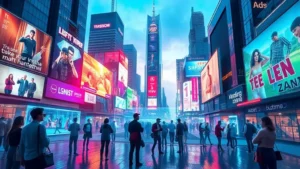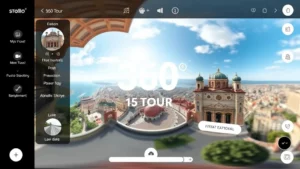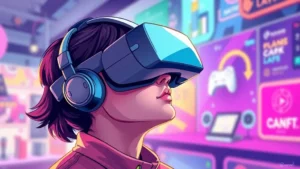As virtual reality technology gains traction, digital marketing strategies are evolving to incorporate immersive experiences. This shift is driven by the need for brands to engage consumers in more meaningful ways. Traditional marketing methods are often insufficient in capturing the attention of today’s tech-savvy audiences. By integrating VR into their strategies, brands can create unique experiences that not only attract attention but also foster deeper connections with consumers.
One of the most significant advantages of using VR in digital marketing is the ability to create memorable experiences. When consumers can interact with a brand in a virtual environment, they are more likely to remember the experience and associate it with positive feelings. This emotional connection can lead to increased brand loyalty and advocacy. Furthermore, VR allows for personalization, enabling brands to tailor experiences to individual preferences and behaviors.
Looking forward, the potential for VR in digital marketing is vast. As technology continues to advance, we can expect to see even more innovative applications that will redefine how brands communicate with their audiences. Companies that embrace this trend will not only enhance their marketing efforts but also position themselves as leaders in the digital landscape.





